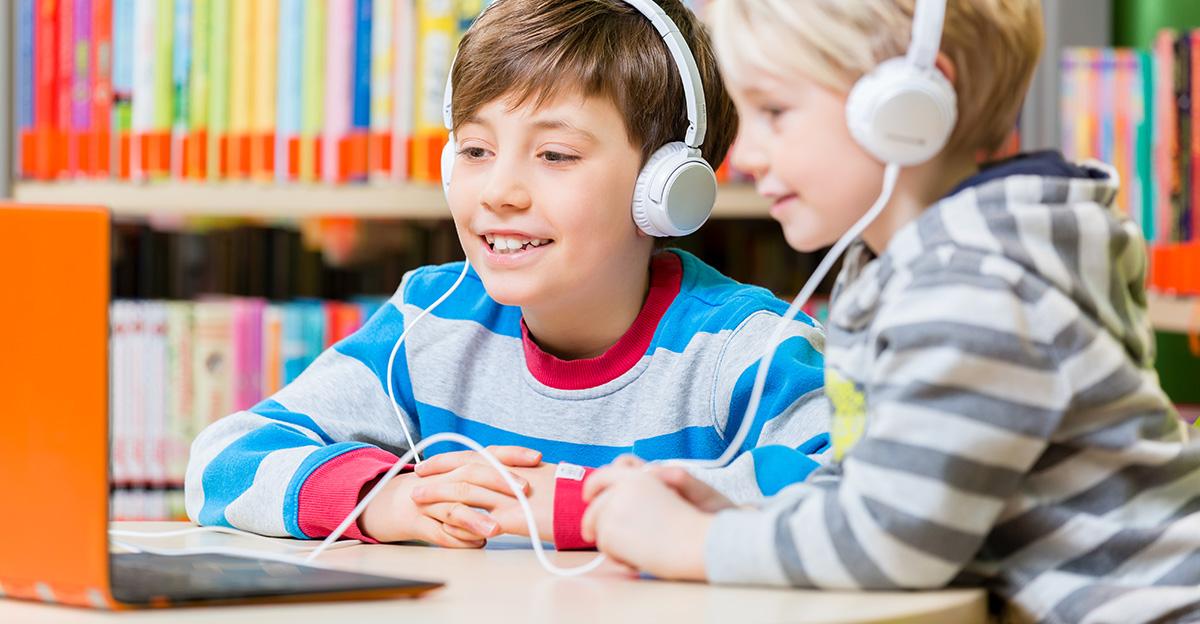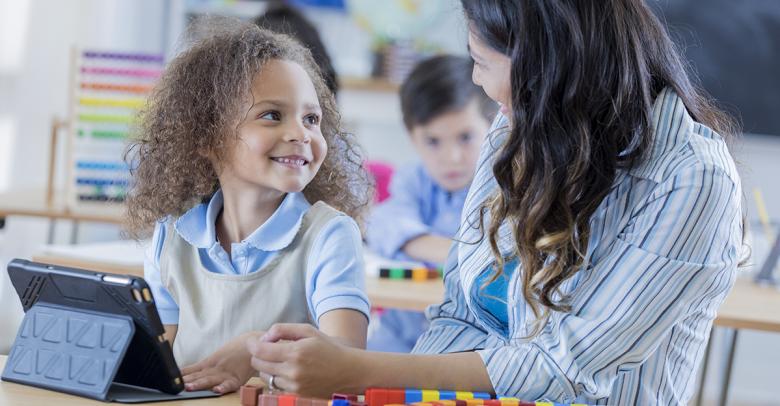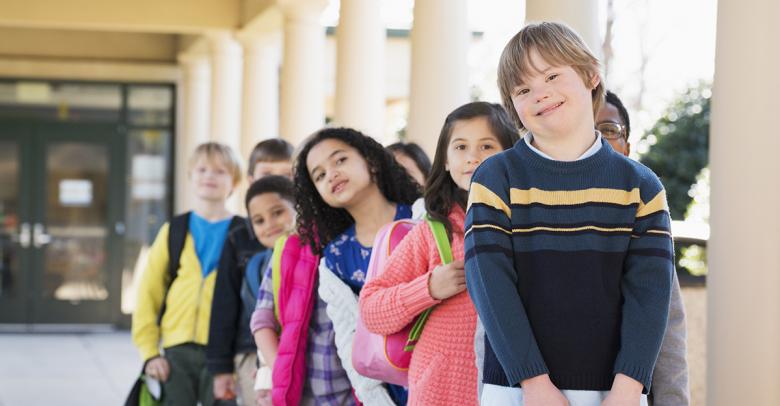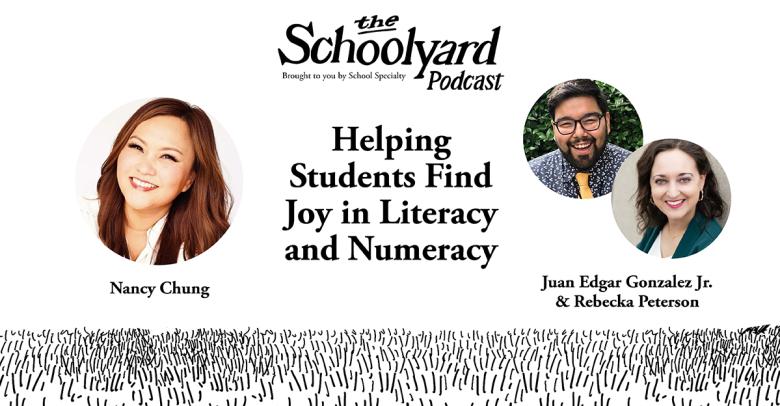Each year since 2015, the United States Congress has designated October as Dyslexia Awareness Month. Several organizations use this platform to draw attention to both old wisdom and new developments to address dyslexia early in the lives of young learners.
We’ve all heard of dyslexia. But only in the past few decades has there been an intentional focus to truly understand it. For far too long, students with dyslexia were understood to be poor learners. We now know that dyslexia is not an indicator of intelligence, and we have therefore taken steps to teach young readers in ways that accommodate the different processes through which they learn. This advancement is critical to making sure all students get an equal chance to develop.
Here are some ways to drive awareness and promote inclusion for Dyslexia Awareness Month in your classroom.

Audio Books
Audiobooks have become extremely popular in recent years, to the point where nearly every new release has an audiobook option. There are a number of free and subscription-based services with audiobooks for kids. You could introduce students to Epic, which is designed specifically for young readers. The popular Audible app also has a section designed for kids.
Purchasing the audio version of a text may not always be an option. That’s when a text-to-speech platform like Speechify can fill in the gaps. It can convert any text on a screen into speech. If all that’s available is a physical book, the text can be scanned using the camera on a phone or tablet and converted to speech!
Options like these can be helpful for any student, but students with dyslexia stand to benefit even more. It provides them a helpful tool to understand academic concepts like characterization, plot lines, and phonetics.
Targeted Curricula like S.P.I.R.E.
There are also options available for reading and comprehension curricula that can help struggling readers and students with dyslexia. Dyslexia Awareness Month is a great time to review curriculum choices and make sure they are inclusive for all learners.
S.P.I.R.E. is an intensive reading intervention program based on the Orton-Gillingham approach. This teacher-led program methodically walks students through phonemic awareness and phonics, then spelling, vocabulary, comprehension, and fluency—instilling and reinforcing every stage of reading development. It uses multisensory activities to meet different learning styles and engage all students.
For more information, read about S.P.I.R.E from School Specialty and check out the video below!
Structured Literacy Professional
You may be surprised how many professionals are available and accessible to help. If you’re looking to provide students and their parents more options for reading intervention, the Center for Effective Reading Instruction allows you to enter your zip code to find a structured literacy professional near you.
BONUS—The Best Way!
The best way to observe Dyslexia Awareness Month is simply to be mindful of learning differences in students. At School Specialty, we’re confident in the abilities of teachers across this land to bring the joy of reading to all students, which is why we’re here to provide the tools needed to help make that happen!
Read More on Dyslexia & Struggling Readers
We also know we can count on teachers to find new and creative ways to teach. How do you promote inclusion and help students with dyslexia in your classroom? Let us know in the comments below!






Leave a Reply